Good news for friends and fam in the UK, I am coming back to speak at ffconf in Brighton in November! I’m really looking forward to heading there after Beyond Tellerrand and talking more about the Good Internet.
This week, I’m thinking about photos. When I wrote about my love for tiny things a while back, I wanted to talk about my sister’s “dolls house”. It wasn’t actually a house, it was an entire book case that she had turned into a house for her Barbie dolls, and she made furniture out of cardboard and boxes and scraps of cloth. I remember it being really incredible, and I wanted to find a photo of it to show you all.
I have our childhood photo albums at my house, because my mother (hi mum!) is the opposite of whatever a digital hoarder is. A digital minimalist, I guess. She deletes her emails rather than archiving them. She’s constantly erasing things she thinks are “taking up space” on her computer. She scanned our family photos and made gorgeous photobooks and then planned to get rid of the albums too. I had a pang of nostalgia and so they’re in a drawer downstairs.
But when I went looking for my sister’s dolls, there was nothing. The childhood photos were all of special occasions - dressed up for school prizegivings, the family grouped together at Christmas, or at the beach on holiday.

This is obvious stuff. Photos were expensive: I remember taking three precious rolls of film to Europe the first time I went backpacking and having to ration out developing them when I got home because I couldn’t afford to do it all at once.
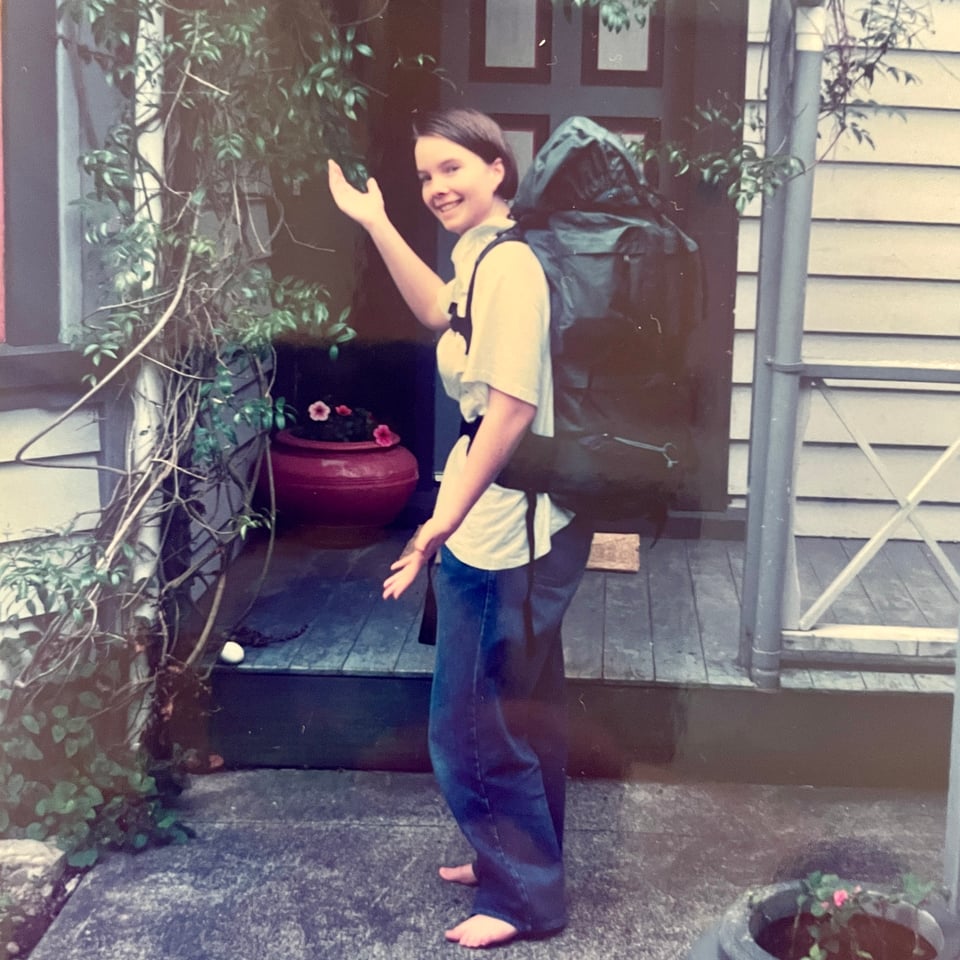
And then suddenly, all in a rush, we had digital cameras, digital photos, and then phones in all of our pockets. Scarcity to abundance to glut happened in just a few years.
And with it, we had to rethink what we did with all those pictures. For a while, even into the digital age, I’d still get them printed. I loved physical albums. But even as print costs came down and photobooks became a thing, I just gave up. It seemed like a useless extra step. Like printing your emails (and anyone who encountered me when I was still a lawyer knows how I felt about that).
Then Flickr arrived, and it was beautiful, but I felt like it was for “good” photos. It showed you what the camera and the settings were the photographer had used! It wasn’t for trash snaps from your phone.
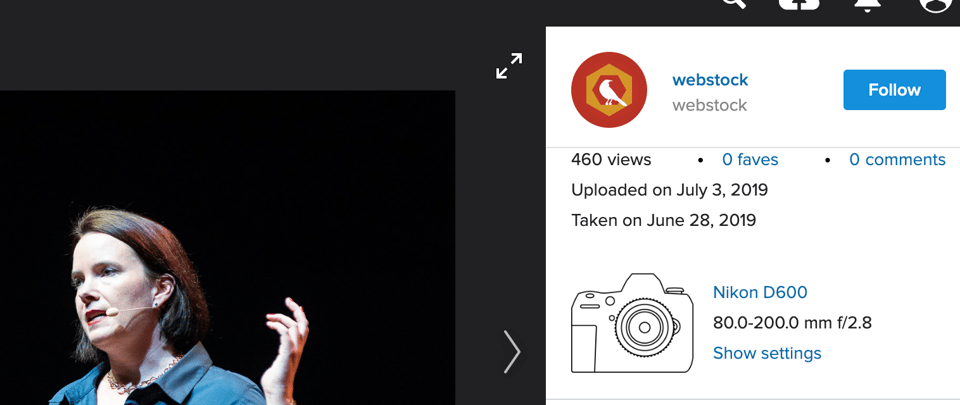
The first photo I ever shared to Twitter was in 2009.

Of course twitpic is gone now, and so is yfrog and camplus and all the other places we shared photos from. Remarkably, the Internet Archive caught this first one though.

This is an objectively terrible photo. This isn’t a photo that you’d subsequently put on Flickr. Or add to an album. It’s a moment captured to say “here’s where I am right now, this is what I’m experiencing”. That wasn’t a way I’d ever used photography in the past.
What’s even wilder is that when I went to look for it in my camera roll today, it sits sandwiched between playing pool with friends and attending a church conference with my mum (hi mum!).

Absent the tweet context, I would not have a single fucking clue AT ALL what that picture was, or why I took it. It was just for sharing in the moment.
And it was basically that that instagram launched in 2010 to capitalise on. At first it was just about the spontaneity of sharing your photos and seeing your friends in your feed, but then came the filters, and then you wouldn’t put trash snaps on there either because your insta life had to be your perfect life.
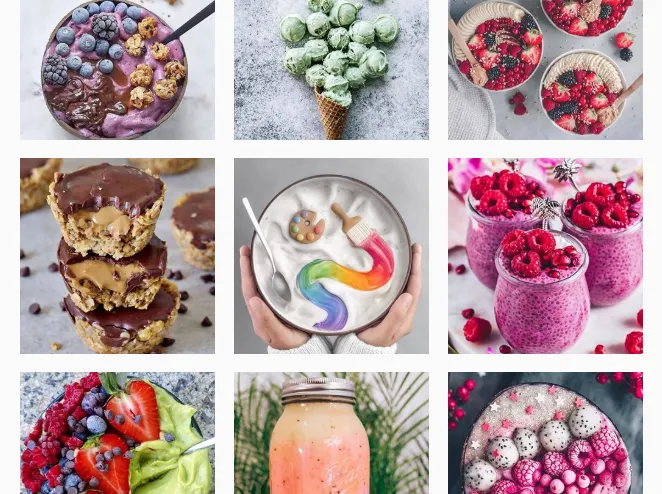
And then in 2021 instagram announced it was no longer (just) a photo sharing app.
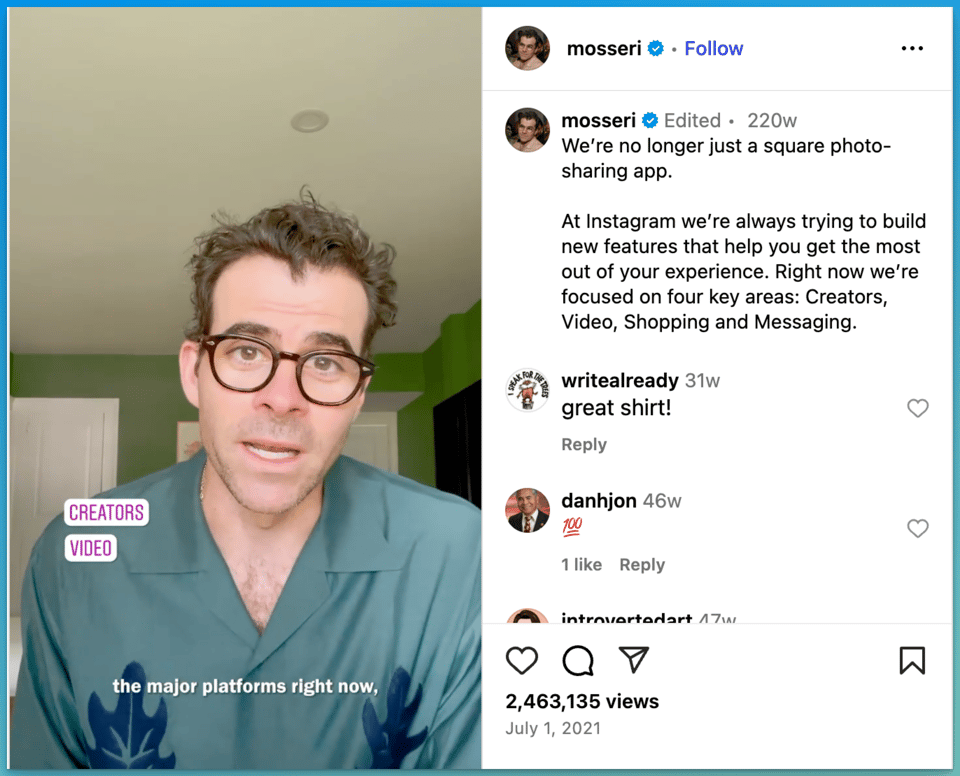
Unsurprising, really, when the trend is toward everything apps that just keep you scrolling (and buying) and scrolling (and crying). So, it seems, instagram is mostly over:
Instagram may not be on its deathbed, but its transformation from cool to cringe is a sea change in the social-media universe. The platform was perhaps the most significant among an old generation of popular apps that embodied the original purpose of social media: to connect online with friends and family. Its decline is about not just a loss of relevance, but a capitulation to a new era of “performance” media, in which we create online primarily to reach people we don’t know instead of the people we do.
Now we exist in this moment when digital storage is (relatively) cheap, so we don’t throw things away. Our photos and our screenshots are our digital memory. There’s no longer a sensible way to share them with our close friends, so I’m often left asking: who are these photos for? They pile up on my phone, drift into the cloud, and get surfaced back to me by an algorithm that thinks I’d like to be reminded. Apple’s “Memories,” Google’s “Rediscover this day.” It feels less like nostalgia and more like being nudged into engagement and every time I fall victim to it I feel like a chump.
Last Christmas I gave my mother (now the inadvertent star of this issue) a digital photoframe, which used to be the most useless sort of nerdy gift. But now whenever I’m visiting I covet one for myself because it’s a lovely loop of family and travel photos and it’s designed to make sure someone actually sees the glut.
I am still rocking an iphone 12 mini, which you will pry from my cold dead hands because I do not WANT a giant clownphone. It is the perfect size, but as a consequence, it doesn’t have a great camera. Great is relative — the camera is wildly better than any I’ve owned in the past, but when I’m with a friend with a newer phone, I’m conscious that their pics will be better. That’s meant lately that I’ve taken to outsourcing my phototaking to whoever I’m with. They might not capture the exact same thing I would have, but close enough, and the picture will be beautiful and they can airdrop it to me and that will be that.
At first I felt like this was laziness, or that I was making someone else do my job, which is crazy. We’re not obliged to photograph everything cool we experience, though it’s begun to feel that way. But now I love it. I’m getting the best of both worlds — being in the moment and having the record afterwards.
There’s research showing that taking photos can actually weaken memory of the event — our brains assume the camera has done the remembering for us.
Henkel found that photographing objects can actually impair memory, with participants appearing to “rely on the external device of the camera to ‘remember’ for them.” However, when participants engaged with the objects they photographed, they remembered them better. “If you go to a concert and you spend 90 minutes filming, focusing on getting a good angle, then it reduces your enjoyment of the situation, as well as the memory you have of it,” says Hutmacher. “On the other hand, if you record a snapshot because it’s your favourite song, then it can improve memory later.”
And I wonder if that’s why the glut sometimes feels less like abundance and more like amnesia.
That’s the trade-off we’ve all been navigating since we put cameras in our pockets: between the impulse to capture everything, and the desire to simply be there. Our cameras have become both a prosthetic for memory and a barrier to it, a way of keeping and a way of letting go. None of this is new, but the question of sharing is top of mind for me again.
Maybe the real challenge is the same one I keep circling in all my work — how to make the internet feel good again. Photos used to be about connection, about saying “this is where I am, come with me for a second”. I miss that, and I’d like to get it back.
more good stuff
“Imagine a picture frame—not hanging on the wall, but breathing with life. Fish swim lazily while plants grow lushly below, all connected in a circulating system of water, nutrients, and light. That’s Gaku-poni (額ポニ), a prototype developed by Japanese architect Keisuke Hatakenaka.” I want this so bad.
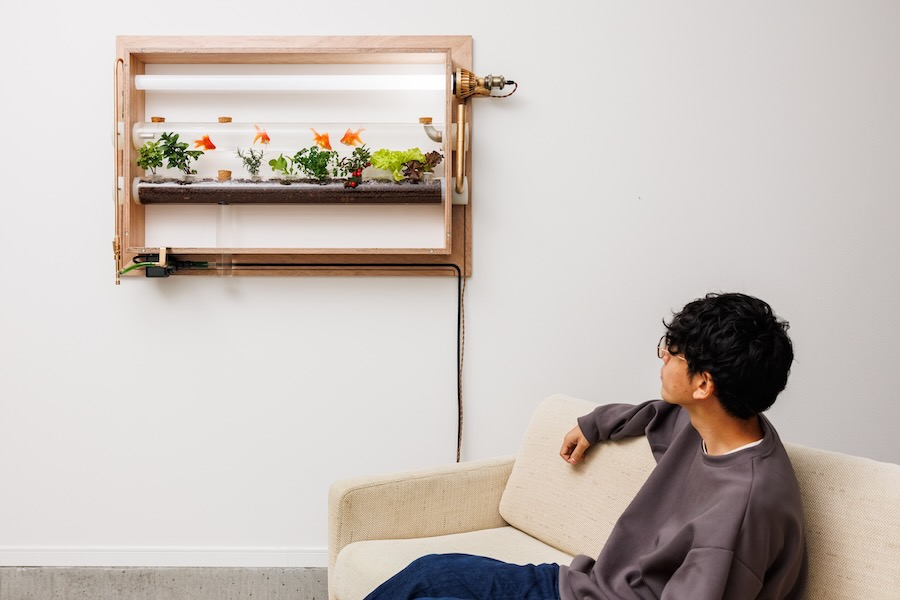
those fish aren’t in the same tube as the plants i got so much out of the replies and quote posts on this thread of things that have gotten better (just to take you out of the news and doom for a bit)
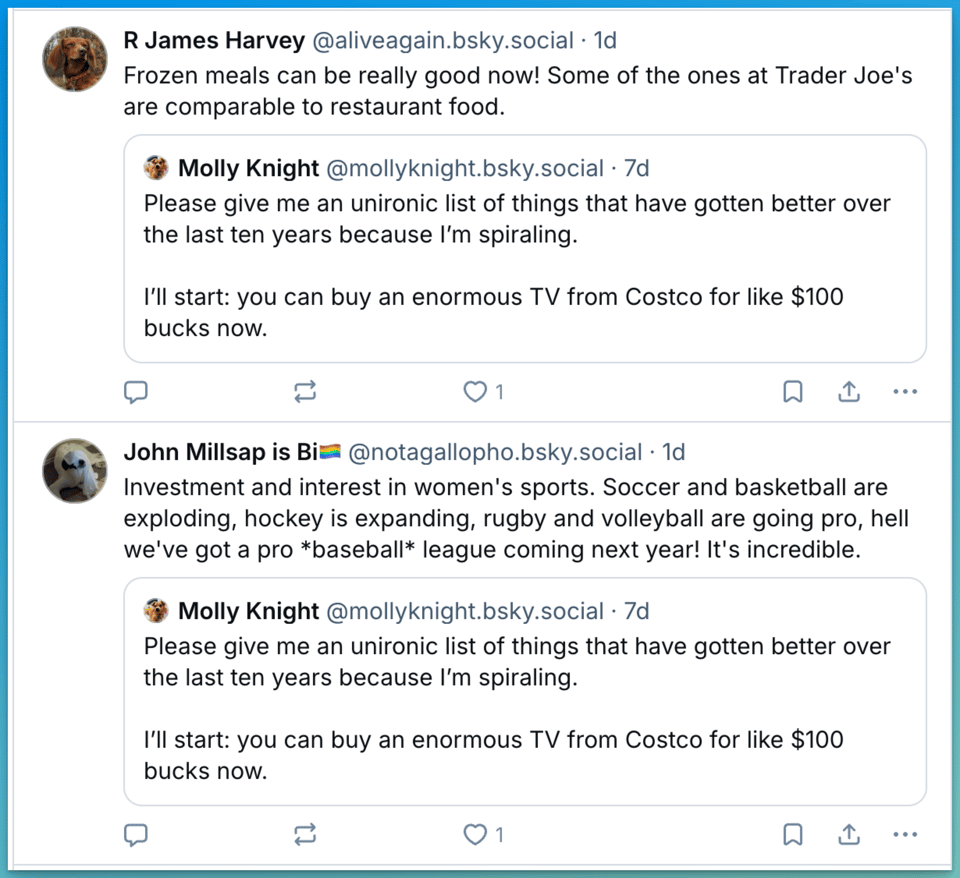
mike continues to write banger after banger, but I particularly liked this week’s How to cook brussels sprouts:
We also need to reexamine the opinions that come to use throughout our entire life. Is the company you were excited to go work for still doing things that make you proud to be there? Does the political party you joined in college still stand for the same things it did back then? Does a friendship still feel mutually beneficial and joyful to you? Is In Rainbows—an album you’ve been defending for close to twenty years—actually any good? Are you sure? Does the idea that you shouldn’t give money to a hungry unhoused person still hold up? Is the subway actually scary? Is that AI breakthrough actually right around the corner? Was the real issue “economic anxiety?” Do you really have an informed opinion about trans athletes? (Really? Informed?)
i loved this introspective little look from buttondown about the difference between blogs and newsletters.
finally, in my lego city

Forward this email to someone who shows up in your photos.
You just read issue #38 of what you love matters. You can also browse the full archives of this newsletter.

Add a comment: